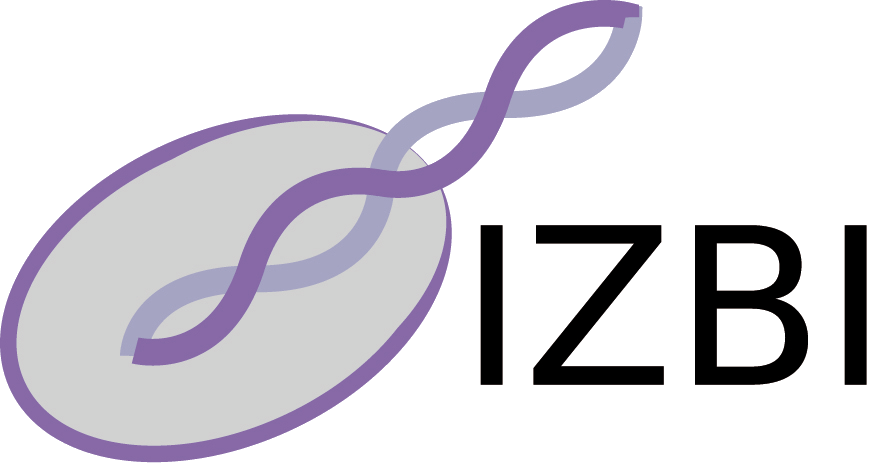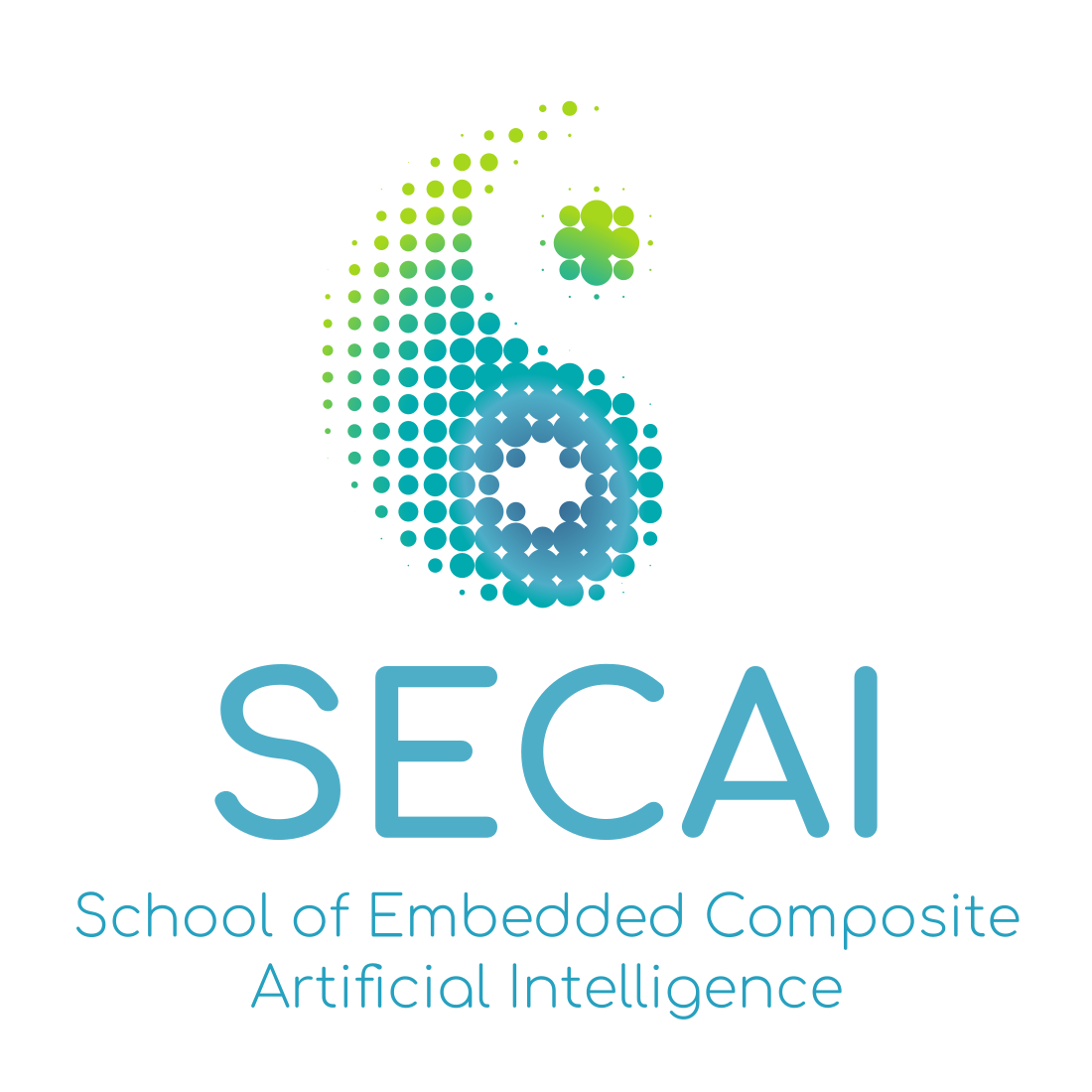Publications - Published papers
Please find below publications of our group. Currently, we list 565 papers. Some of the publications are in collaboration with the group of Sonja Prohaska and are also listed in the publication list for her individual group. Access to published papers ( ) is restricted to our local network and chosen collaborators.
If you have problems accessing electronic information, please let us know:
) is restricted to our local network and chosen collaborators.
If you have problems accessing electronic information, please let us know:
 ) is restricted to our local network and chosen collaborators.
If you have problems accessing electronic information, please let us know:
) is restricted to our local network and chosen collaborators.
If you have problems accessing electronic information, please let us know:©NOTICE: All papers are copyrighted by the authors; If you would like to use all or a portion of any paper, please contact the author.
Information Feedback and Mass Media Effects in Cultural Dynamics
Juan Carlos Gonzalez-Avella, Mario G. Cosenza, Konstantin Klemm, Víctor M. Eguiluz and Maxi San Miguel
Download
Status: Published
Journal of Artificial Societies and Social Simulation 10(3)9
Abstract
We study the effects of different forms of information feedback associated with mass media on
an agent-agent based model of the dynamics of cultural dissemination. In addition to some
processes previously considered, we also examine a model of local mass media influence in
cultural dynamics. Two mechanisms of information feedback are investigated: (i) direct mass
media influence, where local or global mass media act as an additional element in the network
of interactions of each agent, and (ii) indirect mass media influence, where global media acts as
a filter of the influence of the existing network of interactions of each agent. Our results
generalize previous findings showing that cultural diversity builds up by increasing the strength
of the mass media influence. We find that this occurs independently of the mechanisms of
action (direct or indirect) of the mass media message. However, through an analysis of the full
range of parameters measuring cultural diversity, we establish that the enhancement of cultural
diversity produced by interaction with mass media only occurs for strong enough mass media
messages. In comparison with previous studies a main different result is that weak mass media
messages, in combination with agent-agent interaction, are efficient in producing cultural
homogeneity. Moreover, the homogenizing effect of weak mass media messages is more
efficient for direct local mass media messages than for global mass media messages or indirect
global mass media influences















